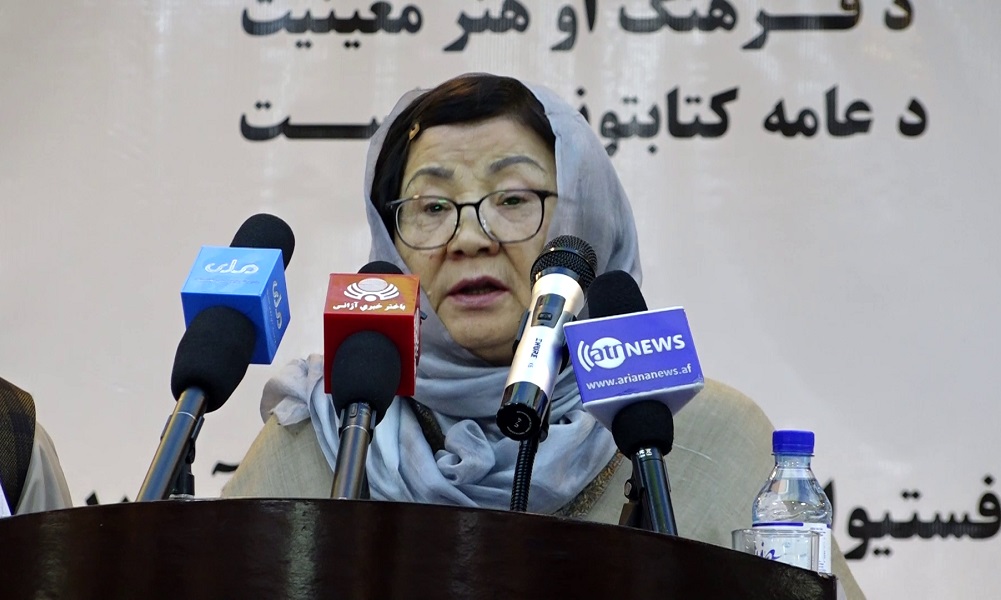
UN Envoy Warns of Severe Illiteracy Crisis in Afghanistan
- World News
- July 14, 2025
- No Comment
Report by “Safarti Tarjuman” International News Desk
KABUL — The United Nations Special Representative for Afghanistan, Roza Otunbayeva, has voiced deep concern over the country’s persistently high illiteracy rates, warning that Afghanistan ranks among the world’s most illiterate nations.
Speaking at the opening of the Kabul Book Festival on Monday, Otunbayeva revealed that only around 50% of Afghan men and just 20% of women are literate. She called on investors and entrepreneurs to actively support literacy initiatives and help expand the country’s printing and publishing sector.
“Promoting literacy is not just the responsibility of the government, but of all stakeholders,” Otunbayeva stressed. She urged the private sector to invest in education and publishing to help address the literacy crisis and support Afghanistan’s development.
Her remarks underscored the urgency of tackling widespread educational challenges in a country where decades of conflict and instability have devastated the education system, leaving millions without basic reading and writing skills.
Hayatullah Mohajer Farahi, Deputy Minister of Publications at the Ministry of Information and Culture, described efforts by the Islamic Emirate to boost reading culture.
Farahi also noted that the ministry has organized several book fairs across the country to encourage reading among the public
Despite these efforts, educators and cultural figures warn that Afghanistan continues to face major obstacles in promoting literacy.
Limited public libraries, restricted operating hours, and inadequate facilities all hinder access to reading materials. Ziaur Rahman Laghmani, a university professor, stressed the transformative power of books, saying, “Nations awaken and progress through books. They are the foundation of character building.
The Kabul Book Festival also took place against the backdrop of ongoing restrictions on girls’ education. Schools remain closed to girls above the sixth grade, while universities remain off-limits for women, sparking international condemnation and concern for the country’s future.
“Barring girls from education is a critical obstacle to building an inclusive, self-sufficient society,” said one education advocate. They argue that governments have a fundamental duty to ensure inclusive, equitable access to education for all citizens, regardless of gender.
Thank you for reading! For comprehensive news coverage and exclusive stories, visit SafartiTarjuman.com




